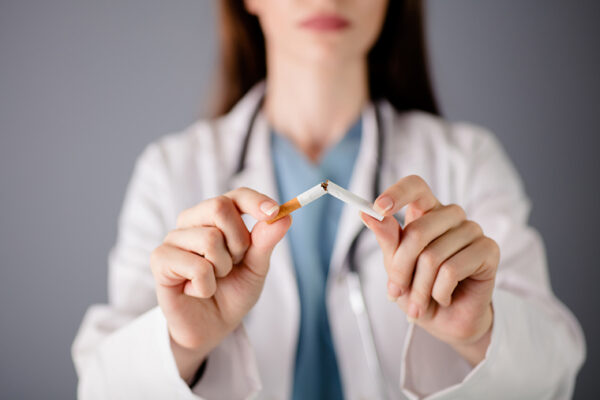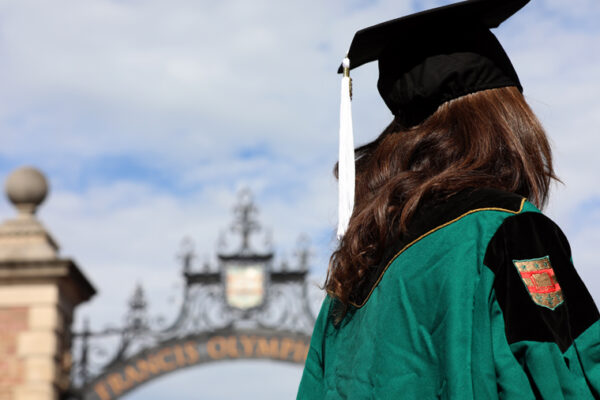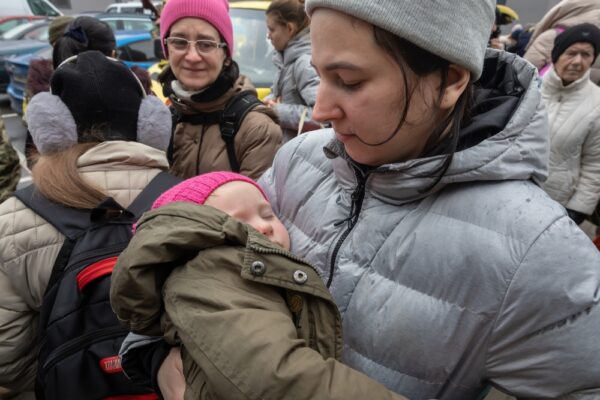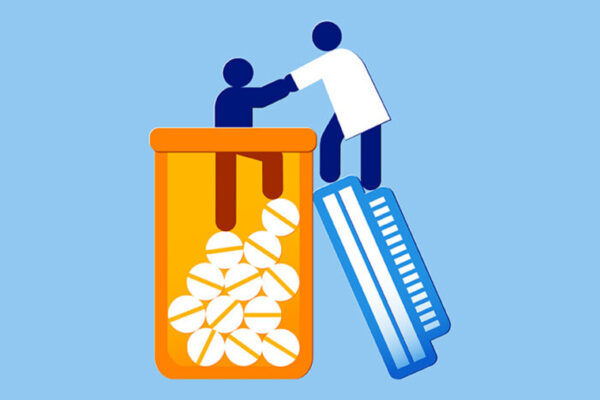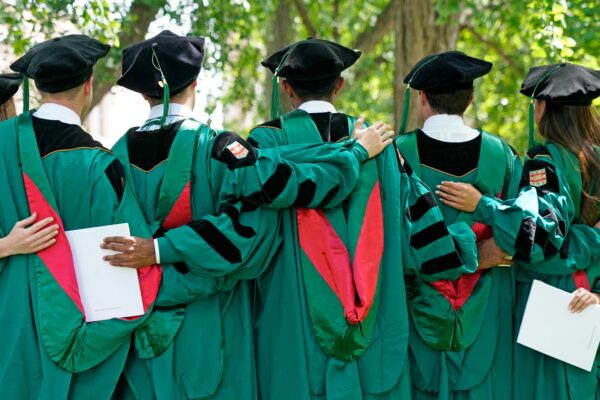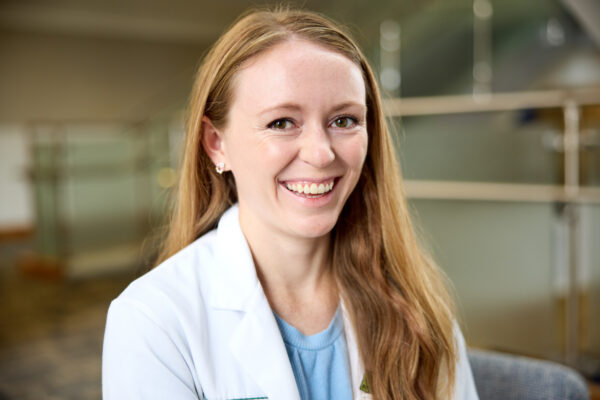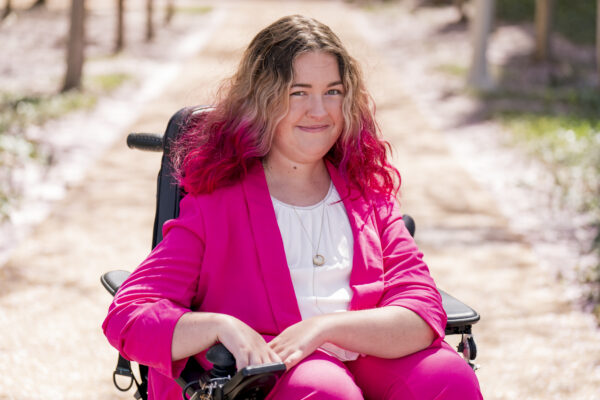Astronomers unveil first image of Milky Way’s black hole
Michael Nowak, research professor of physics in Arts & Sciences, is part of the global research team that shared the first image of the supermassive black hole at the center of our own Milky Way galaxy.
Smoking-cessation program that targets cancer patients effective
Researchers at Siteman Cancer Center at Barnes-Jewish Hospital and Washington University School of Medicine have found a way to help more patients who want to stop smoking. The successful strategy involves using electronic medical records to help identify smokers when they visit their oncologists and offering help with quitting during such visits.
Speakers scheduled for schools’ Commencement celebrations
Several distinguished speakers, faculty members and student leaders will take part in Commencement recognition ceremonies for Class of 2022 graduates and their families and guests May 18-20 at Washington University in St. Louis.
Conflict-related sexual violence needs urgent action
Russia’s war in Ukraine has displaced millions of people, most of them women and children. This mounting crisis suggests that conflict-related sexual violence, which has been reported in Ukraine, requires urgent action, say Washington University in St. Louis experts on refugees and displaced populations.
Medication that lowers risk of overdose underused
Researchers at Washington University School of Medicine and Saint Louis University found that less than half of Americans who received treatment for opioid use disorder over a five-year period were offered a potentially lifesaving medication.
Parents’ mental health was worse during pandemic, study finds
Hybrid school during the COVID-19 pandemic was associated with worse parental mental health, as was working from home, finds a new study from the Brown School.
Nonlethal parasites reduce how much their wild hosts eat, leading to ecosystem effects
Research from the Living Earth Collaborative highlights the cascading consequences of common parasitic infections. Although many of these infections are not lethal, they can still impact health or animal behavior, leading hosts to eat less vegetation. The study led by biologist Amanda Koltz in Arts & Sciences is published in the Proceedings of the National Academy of Sciences.
Class of 2022
Committed to academic excellence, service and their fellow students, the 3,400 members of the Class of 2022 have achieved so much during their years at Washington University in St. Louis — and all during a devastating pandemic. Class Acts, our annual celebration of outstanding graduates, shares the journeys and accomplishments of 13 students who exemplify the best of WashU.
Class Acts: Morgan Pfeiffer
Medical student Morgan Pfeiffer donated her kidney to a baby while an undergraduate student. She will earn her medical degree from Washington University this month and, next, start her residency at St. Louis Children’s Hospital.
Class Acts: Ellie Stitzer
Ellie Stitzer, who is set to graduate in May with a law degree from Washington University School of Law, is a passionate advocate for disability rights.
View More Stories

